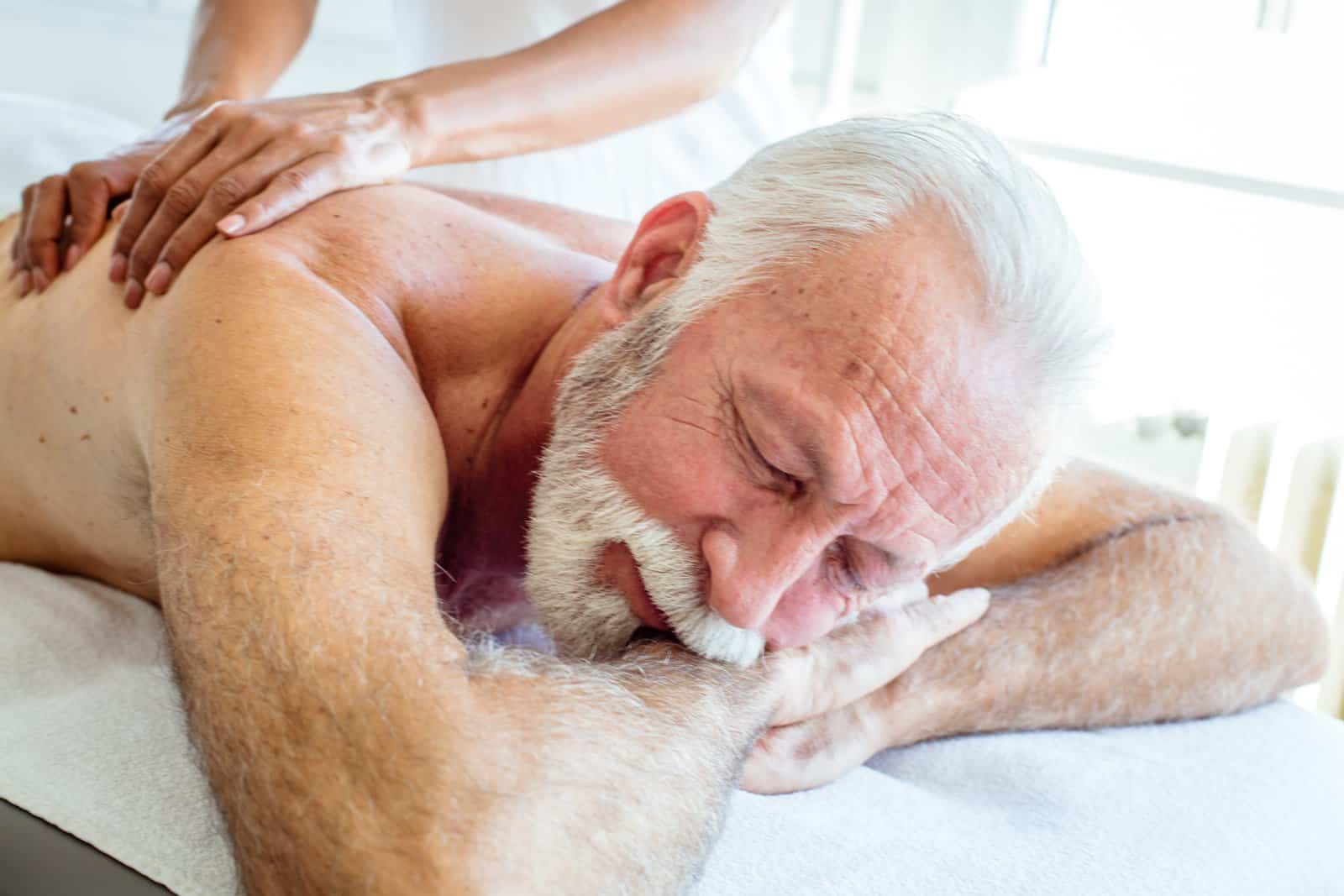March is National Kidney Month, and to raise awareness about the health of nurses’ kidneys everywhere, ADVANCE welcomes you to read the journey of Merlinda Chelette, RN, in her own words, of her experience with stage IV kidney cancer. Now, five years later, Chelette is advocating for kidney health and encourages nurses to remain aware of the potential dangers of that can affect kidney health.
It’s Just Back Pain, Right?
For several months, I had been experiencing low back pain, thinking that I had pulled a muscle while working as an emergency room nurse. I ignored this pain, because I thought, “Of course, you talk with other nurses and every nurse seems to complain about back pain.” I medicated with Ibuprofen, a heating pad and by doing back exercises. However, the pain became too intense, and I sought medical care.
A CT scan revealed that I had a tumor in my right kidney and a metastatic lesion to my second lumbar vertebrae. The cancer had destroyed 80% of my second lumbar, which turned out to be the cause of my intense pain. On Friday, August 24, 2012, at a doctor’s appointment, I learned that I had stage IV renal cell carcinoma, or, in other words, kidney cancer. The first thought that came to mind was, “Hey, God, it’s me. No one in my family has cancer. We die of heart disease and old age.”
The Silent Signs
Being diagnosed on a Friday with stage IV kidney cancer gives you 72-hours to grieve your shattered dreams and spiral down into a deep depression. With all doctors’ offices closed, of course, I took to the Internet and learned of my poor prognosis. My chance of surviving past 5 years was 5%. “Wow!” I thought. I was only 49 years of age at the time of my diagnosis.
Looking back, I find myself asking how could I miss that I had stage IV kidney cancer. I didn’t experience blood in my urine, a mass on the side or lower back, a loss of appetite, weight loss, fever, or anemia! These are all late signs of the disease.
The fatigue and low back pain symptoms I attributed to being a night shift ER nurse. Since the time of my diagnosis, I have learned that kidney cancer is a silent disease, so most patients have no symptoms until the cancer is advanced. Most early detection is caught by incidental testing, like when a patient goes to the ER after a car accident or because their stomach hurts and they are put through a routine CT scan that just so happens to find the tumor.
One fellow kidney cancer patient told me his tumor was found by happenstance. He worked in maintenance at a physician’s office, and they wanted to test an ultrasound machine on someone. He volunteered. Hooray! Lucky for him, they were able to diagnose his kidney cancer at an early stage.
It has been 4 years since my initial diagnosis with stage IV kidney cancer. I am considered incurable, because traditional chemotherapy and radiation are ineffective on renal cell carcinoma. Therefore, I have been treated with surgery. My right kidney and my second lumbar have been removed. Sixteen doses of Cyberknife were administered to treat my T12, L4 and sacrum for metastatic lesions. I have chosen to participate in a clinical trial, which randomized me to a palliative chemotherapy called Sutent. Sutent will hopefully allow me a longer life.
Finding Support in All Parts of Life
When I came to the University of Texas Southwestern Medical Center (UTSW) to participate in the clinical trial, I met Dr. James Brugarolas and a fellow kidney cancer patient, Tony. Both men encouraged me to participate as a volunteer and be a member of the patient council. Through my volunteering at UTSW, I was able to meet other stage IV kidney cancer patients. I spend my days talking and listening to caregivers and patients about their own experiences and about my own.
To experience the other side of healthcare has been a very humbling and eye-opening experience; I’m no longer the healthcare provider but now the patient. I am able to relate on the same level with other patients who are having a healthcare crisis that is physically, emotionally, mentally and financially draining. I now understand the patients who are physically weak after surgery and radiation. I know how depression and fear can make a patient lose hope, of how important it is to keep your mind focused on things that are good.
In walking this journey with cancer, I am thankful for God, my husband, family, friends, church family and my fellow healthcare workers.
For more information on kidney health, visit the National Kidney Foundation’s site at https://www.kidney.org/.





